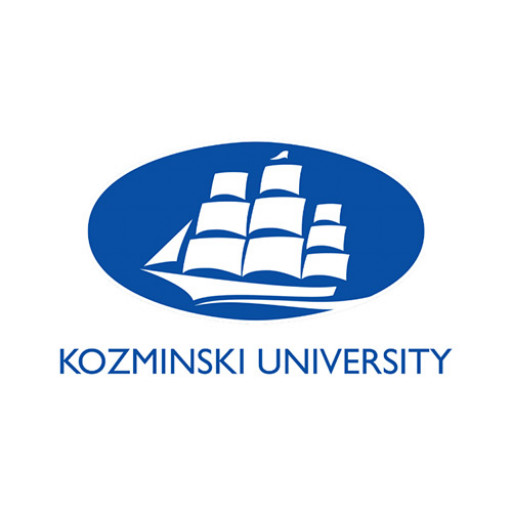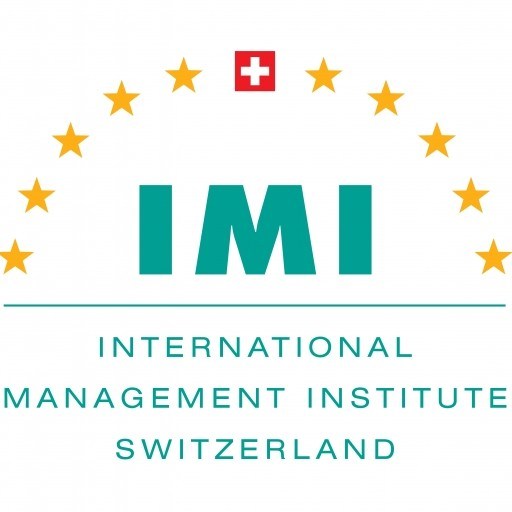Photos of university / #unioslo
The "Religious Roots of Europe" programme at the University of Oslo offers an in-depth exploration of the historical development and cultural significance of religious traditions that have shaped European civilization. This interdisciplinary course combines insights from history, theology, anthropology, and cultural studies to provide students with a comprehensive understanding of how religious beliefs, practices, and institutions have influenced societal structures, political developments, and artistic expressions throughout European history. Participants will investigate key religious movements, such as Christianity, Judaism, and later the impact of Islam, and examine their interactions within various socio-political contexts over the centuries. The programme emphasizes critical analysis of primary source materials, including historical texts, religious manuscripts, and archaeological findings, allowing students to interpret the complex ways in which religion and culture interrelate. Additionally, students will engage with contemporary issues related to religious diversity, secularization, and the ongoing influence of religious roots on modern European identity. The courses include lectures, seminars, and practical excursions to relevant historical sites, encouraging active participation and experiential learning. Graduates of this programme will be equipped with a nuanced understanding of Europe's religious history and its enduring legacy, preparing them for careers in academia, cultural heritage management, education, and intercultural dialogue. The programme also aims to foster critical thinking and intercultural competence, essential skills in the increasingly interconnected world. With a faculty of renowned scholars specializing in religious studies, history, and European culture, students can expect a rigorous and enriching educational experience that not only illuminates the past but also provides insights into contemporary societal questions. This degree ultimately seeks to deepen students' appreciation of Europe's diverse religious heritage and its ongoing impact on European and global contexts.
The "Religious Roots of Europe" programme at the University of Oslo offers a comprehensive exploration of the historical, cultural, and theological foundations of Europe's religious landscape. This interdisciplinary course is designed to provide students with a deep understanding of how religious beliefs, traditions, and institutions have shaped European societies over centuries. Throughout the programme, students will examine key historical events such as the Christianization of Europe, the Reformation, the Enlightenment, and the secularization processes that have influenced modern European identity. The curriculum covers a wide array of topics, including the development of major religious denominations, interfaith dialogues, religious philosophy, and the role of religion in politics and social movements. Students will engage with primary sources, scholarly texts, and contemporary debates to critically analyze the ongoing impact of religious roots in contemporary Europe. The programme also emphasizes the importance of understanding religious diversity and tolerance, encouraging students to reflect on current issues related to faith, multiculturalism, and secularism. Through seminars, lectures, and independent research projects, participants will develop analytical skills and a nuanced perspective on how religion continues to influence European culture, values, and political life. Whether students aim for careers in academia, policy-making, or intercultural dialogue, this programme equips them with the essential knowledge and skills to navigate the complex religious fabric of Europe. Graduates of this programme will be well-prepared to contribute thoughtfully to discussions on religious history and its relevance in today's society, making it a vital step for anyone interested in the spiritual and cultural evolution of Europe.
The Religious Roots of Europe program at the University of Oslo requires applicants to have completed secondary education equivalent to the Norwegian upper secondary school diploma, demonstrating a strong academic background in the humanities or social sciences. Prospective students must submit verified transcripts and certificates evidencing their previous education. There are no specific subject prerequisites; however, coursework in history, religious studies, or related fields can be advantageous. An English language proficiency test, such as IELTS or TOEFL, is mandatory for applicants whose primary language is not English, with minimum scores of 6.5 on IELTS or 90 on TOEFL internet-based test. The program also emphasizes the importance of motivation letters or personal statements, where applicants should articulate their interest in the study of religion’s historical development and its influence on European culture and society. Prior experience or coursework in European history, theology, or cultural studies may strengthen an application but are not obligatory. For international applicants, additional documentation such as a copy of their passport or student visa may be required to demonstrate eligibility for student residence. The admissions process is competitive; therefore, candidates are advised to submit comprehensive applications that clearly demonstrate their academic capacities, motivation, and relevant experience. The program may also require interview assessments or supplementary materials upon request. Once admitted, students are expected to engage actively with coursework, participate in seminars, and undertake research projects that explore the religious transformations in Europe from ancient to modern times. Continuous performance assessments, including written exams, essays, presentations, and group work, contribute to the final grade. Successful completion of the program grants a Bachelor's degree in Religious Studies with an emphasis on European religious history, providing students with a solid foundation for further academic pursuits or careers in cultural, educational, or religious sectors.
The Financing Studies of the Religious Roots of Europe master's programme at the University of Oslo primarily encompass tuition fees, potential scholarships, grants, and other financial aid options available to both Norwegian and international students. As an English-taught Master's programme at a Norwegian university, it is important to understand that education at the University of Oslo for Norwegian and EU/EEA students is generally free of tuition fees. However, students from outside the EU/EEA are typically required to pay tuition fees, which can vary depending on the specific faculty and programme. For this programme, the tuition fee for non-EU/EEA students is approximately 90,000 NOK per year, paid in two installments.
Students are encouraged to explore scholarship opportunities such as the University of Oslo's various scholarship schemes designed to support international students financially. The University of Oslo offers a range of scholarships based on academic merit and financial need, which can significantly offset tuition costs for eligible students. Additionally, students may consider external funding sources, including government grants, private foundations, and international scholarship programs that support students pursuing studies related to religion, history, or European studies.
Living costs in Oslo are another significant component of the financing of studies. Students should budget for accommodation, which can range from 6,000 to 12,000 NOK per month, depending on the type and location, as well as for daily expenses, insurance, and travel. Many students finance their studies through part-time work, although work regulations differ for non-EU/EEA students, who may have restrictions on employment.
Additionally, students can apply for student loans and grants provided by the Norwegian State Educational Loan Fund (Lånekassen), which offers financial support to Norwegian and, in some cases, international students meeting certain criteria. Overall, financing the Religious Roots of Europe Master’s programme involves a combination of tuition fees, living expenses, and potential financial aid, which students should plan for carefully. The university provides detailed financial guidance and support services to help students understand their funding options and manage their budgets effectively.
The "Religious Roots of Europe" program at the University of Oslo offers an in-depth exploration of the historical development, cultural significance, and socio-political influence of religious traditions that have shaped Europe over centuries. The curriculum is designed to examine the origins of major religious movements, their evolution through the ages, and their impact on European identity, law, art, and philosophy. Students will analyze primary religious texts, archaeological findings, and historical documents to understand the complex interactions between church and state, the rise of secularism, and contemporary religious challenges in Europe.
The program covers a wide range of topics, including the early Christian church, the influence of Judaism and Islam in European contexts, medieval religious institutions, the Reformation and Counter-Reformation, and modern secular and religious movements. It emphasizes critical thinking and interdisciplinary approaches, integrating insights from theology, history, anthropology, and cultural studies. Students will have opportunities for fieldwork, including visits to important religious sites and museums, as well as engagement with academic conferences and seminars.
Graduates of this program are well-equipped for careers in academia, cultural heritage management, public history, religious consultancy, and intercultural dialogue. The program also prepares students for further postgraduate study or research in related fields. Teaching methods include lectures, seminars, group work, and independent research, with assessment based on essays, presentations, and final examinations.
The program is designed for students with a keen interest in understanding how religious traditions have fundamentally shaped European societies. It aims to foster a nuanced appreciation of religious diversity and its role in contemporary European political and social life. The University of Oslo provides a supportive academic environment with access to extensive resources, including libraries, archives, and digital collections. The program is conducted primarily in English, facilitating international participation and promoting cross-cultural academic exchange. Overall, "Religious Roots of Europe" offers an opportunity to gain a comprehensive understanding of the historical and cultural processes that continue to influence Europe today.









